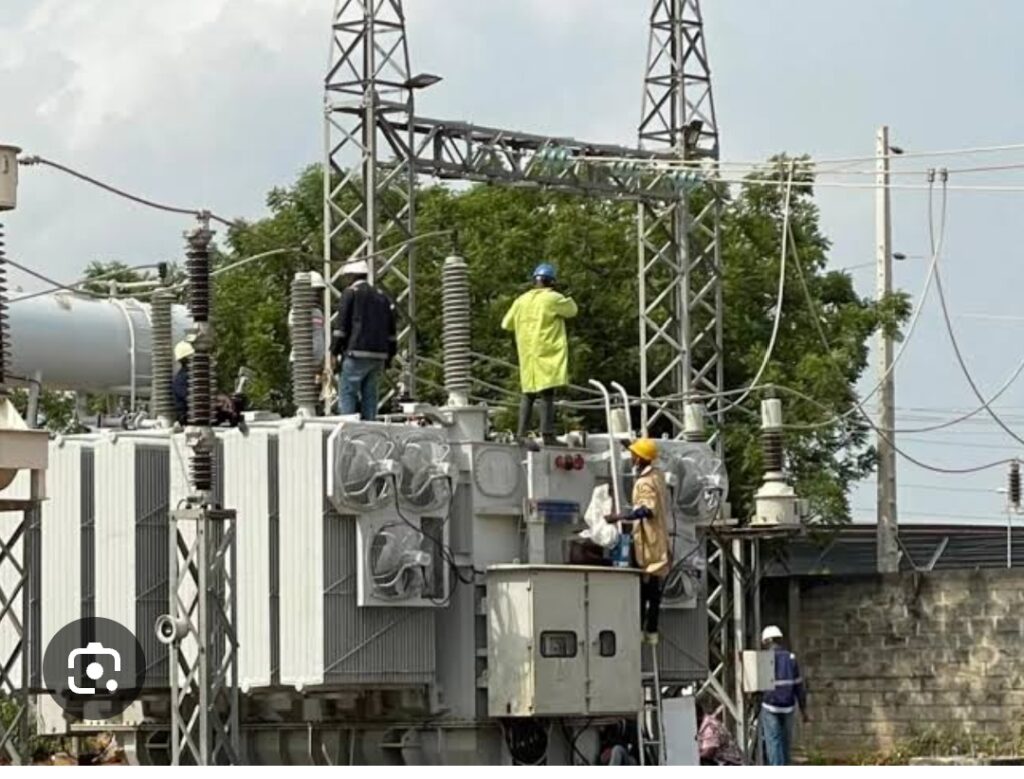The Ossiomo Power Project, long celebrated as a flagship achievement of former Edo State Governor Godwin Obaseki, has been unmasked as neither government-owned nor state-backed, but a private venture with the Edo State Government merely a customer.
The revelation came during a stakeholders’ meeting convened on Tuesday by the Edo State Electrification Agency at the John Odigie-Oyegun Public Service Academy (JOOPSA), Benin City.
Managing Director of the Agency, Hon. Saturday Egbadon, clarified that Edo State holds no equity in Ossiomo Power and bears no responsibility for its sudden shutdown.
“The government of Edo State is simply a customer of Ossiomo Power, as established by the last administration. The current shutdown is the outcome of a commercial dispute between Ossiomo Power and its Chinese partner, CCETC, not an action of the state government,” Egbadon stated.
He disclosed that Ossiomo’s management failed to consult or notify Governor Monday Okpebholo before halting operations at its Ologbo facility, a decision that plunged key government offices, hospitals, and private businesses into darkness since September 1, 2025.
In response, the state government has engaged the Benin Electricity Distribution Company (BEDC) to assume supply responsibilities for consumers previously connected to Ossiomo’s 11KV lines. This includes the State Secretariat, Government House, major hospitals, and private subscribers.
BEDC’s Acting Chief Technical Officer, Engr. Kingsley Atseyinku, pledged the company’s readiness to absorb Ossiomo’s stranded customers, noting that many would be migrated to Band A feeders, guaranteeing 20–24 hours of power supply daily.
Some Ossiomo customers expressed relief at the intervention. Barrister Adesuwa Omonuwa, a long-standing subscriber, said: “I have been with Ossiomo from inception and was satisfied before these problems emerged. Today’s meeting has given us hope, and if promises are kept, customers will no longer endure days of blackout.”
The Ossiomo plant, a 95MW gas-fired facility, had been marketed as a bold solution to Edo’s power deficit, supplying electricity to government institutions, hotels, industries, the NUJ Secretariat, and street lighting across parts of Benin.
But with the latest disclosures stripping the project of its “government-backed” tag, the controversy raises fresh questions about transparency, sustainability, and the integrity of projects showcased as legacy achievements of the last administration.

